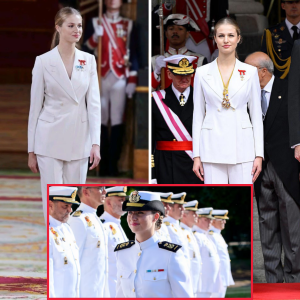The British royal family is set to receive a significant increase in funding from the U.K. Treasury, sparking widespread protests and debates across the country.
The Sovereign Grant, the public funding allocated to support the monarchy’s official duties, is expected to rise substantially in the coming fiscal year.
Why the Royal Pay Raise?
The proposed pay hike is attributed to increased costs associated with the upkeep of royal residences, security measures, and the hosting of official state events.
Additionally, Buckingham Palace is undergoing extensive renovations, which have contributed to the need for a higher budget allocation.
According to the Treasury, the pay increase is designed to ensure that the monarchy can maintain its international stature and effectively represent the United Kingdom on the global stage. However, the exact amount of the increase has yet to be disclosed, leaving many taxpayers concerned about transparency.
Public Backlash
The announcement has triggered a wave of protests across the U.K., with critics arguing that the pay raise is tone-deaf amid a cost-of-living crisis. Many households are struggling to cope with soaring energy bills, inflation, and stagnant wages, making the news of additional taxpayer money going to the royal family particularly contentious.
Demonstrations have been held in London, Manchester, and other major cities, with protesters carrying signs reading, “Fund the People, Not the Palace” and “Royalty or Reality?” Social media platforms have also become a battleground, with hashtags like #RoyalPayRaise and #CostOfLivingCrisis trending nationwide.
Arguments For and Against
Supporters of the monarchy argue that the Sovereign Grant is a worthwhile investment, citing the royal family’s contribution to tourism and cultural heritage. They point to events like royal weddings, coronations, and state visits as significant drivers of international attention and economic benefit.
Conversely, opponents believe the monarchy’s financial demands are outdated and excessive, especially in the current economic climate. “The royal family should be leading by example, showing restraint and empathy for the struggles of ordinary people,” said a protester in London.
What’s Next?
The U.K. Parliament is expected to review the Treasury’s proposal in the coming weeks. While it is unlikely that the Sovereign Grant will be denied, calls for increased oversight and transparency in royal spending are gaining traction among lawmakers.
As the debate continues, the question remains: how much longer can the monarchy justify its financial privileges in a time of growing economic disparity?





